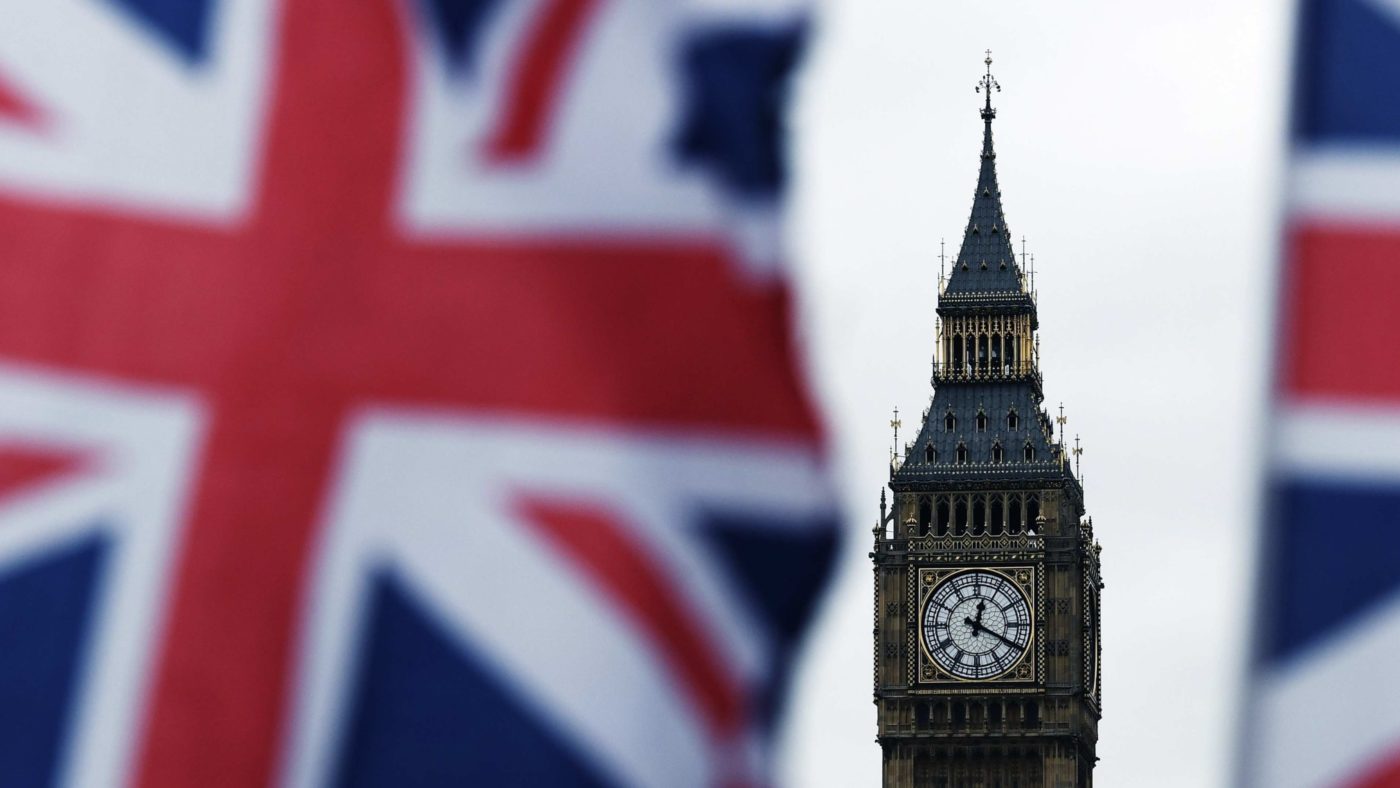Brexit: Chequers plan can save EU-UK deal

Britain is potentially facing the worst domestic political turmoil since the Second World War over Brexit and a severe political crisis with the EU, the UK’s former chief EU diplomat Sir Ivan Rogers has said.
Speaking at an event in Dublin, the former chief Brussels adviser to David Cameron and Theresa May said Brexit negotiations were entering “a very critical few months” and warned against a “no-deal Brexit” as both sides remained deadlocked over an agreement ahead of the UK quitting the EU in March 2019.
“We face a very critical few months in the Brexit process, and the potential for a severe political crisis between the UK and the EU as well as for domestic British political turmoil on a scale we have not seen since the war,” the former diplomat told a British Irish Chamber of Commerce dinner in Dublin.
The former British ambassador to the EU called for both sides to take a more conciliatory approach to negotiations, bearing in mind the importance of reaching an agreement to both the EU and the UK.
British negotiators are arguing that a mix of UK commitments to include “non-regression” clauses on EU standards and a commitment to sign up to state aid “level playing field” rules will mean British businesses cannot unfairly undercut EU firms on services.
The UK wants to sign up to a common rulebook of EU regulations for goods – which would tie it into European standards for physical exports – but exit the rest of the single market for services.
Michel Barnier, the EU’s chief negotiator, has rejected the Chequers plan – partly on the basis that he believes the UK proposal to sign up to only some single market rules would give it a competitive advantage. But counter-intuitively, the UK is arguing that this would not be the case.
The deadline for Brexit talks is looming, with agreement on issues like Northern Ireland required by October for the withdrawal agreement. The UK has also said it wants the future relationship to be agreed in principle before the deadline – though the chance of a detailed agreement seems increasingly slim.
The UK is due to leave the EU on 29 March 2019 whether or not it has managed to negotiate a withdrawal agreement with the EU. Ministers have said they would not revoke or extend Article 50 to prevent a no-deal, and that they are making preparations for every possible eventuality.
The chancellor confirmed on Thursday that a no-deal Brexit would likely see spending “refocused” and lead to further austerity cuts to priority areas. The admission came after a Treasury minister was photographed going into Downing Street carrying documents revealing the secret codename for the no-deal Brexit preparations: Operation Yellowhammer.

